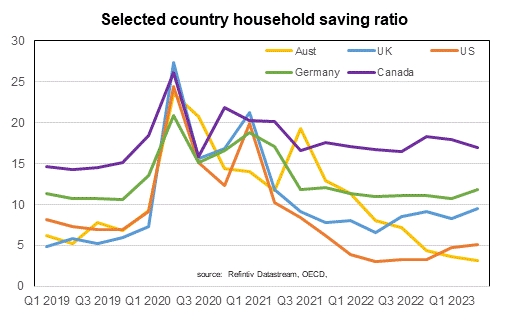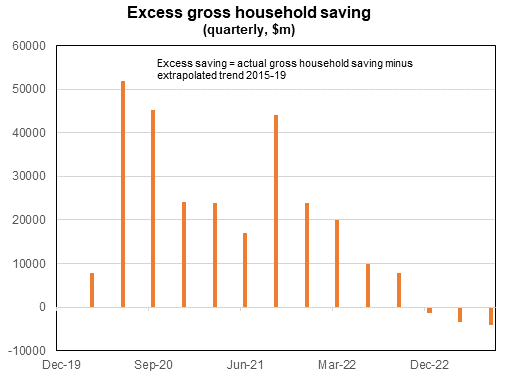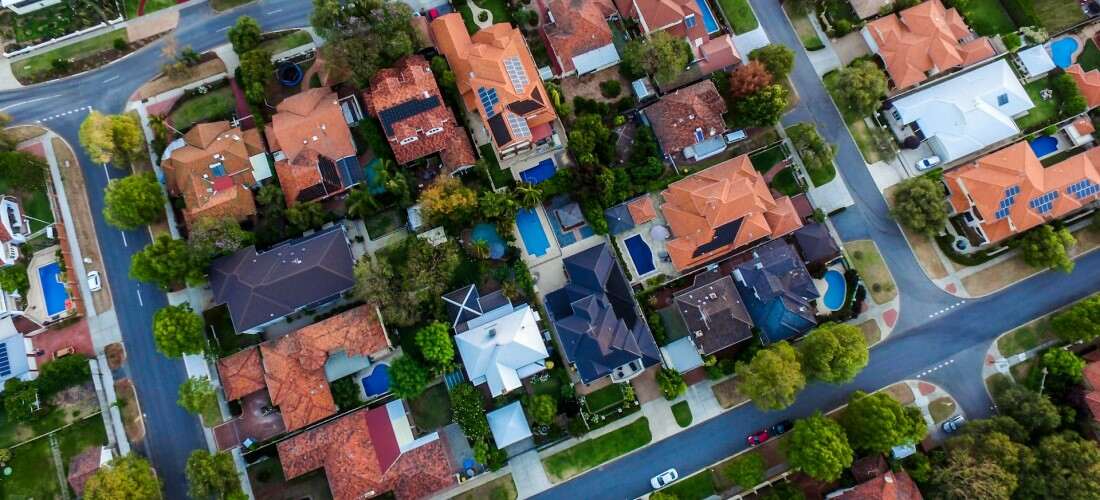
Economic Update: The saving mountain
Summary:
- There has been a lot of talk about households having to reduce their excess savings to meet their spending needs;
- While deposit holdings have risen to be well above their pre-pandemic trend, equity holdings have declined;
- The big increase in household wealth has been driven by higher house prices;
- If house prices stay elevated then the saving rate may remain low, with any improvement in real disposable incomes then more likely to be spent.
How big is a saving mountain
The Australian economy this year has done a little better than had been expected. This has reflected a range of factors including fiscal policy support (particularly from the states) and surprisingly high population growth.
Another factor suggested by some has been the ‘mountain’ of household savings built up over the pandemic, a reflection of household’s inability to spend through lockdowns and border closures at a time of modest income growth. This resulted in households building up what some economists have termed ‘excess saving’ (i.e., saving more than their long-run desired saving rate). Something similar happened in many other developed economies although the jump in the household saving ratio was particularly marked in Australia, the US and the UK.
As economies returned to ‘normal’, household saving ratios declined back to their pre-pandemic level in many developed economies. The exception has been in Australia and the US where the household saving ratio is now below its pre-pandemic mark. This move back below the pre-pandemic trend has led to analysts suggesting that households are now digging into their ‘excess’ saving. In the US, that is being used to fund stronger than expected consumption growth. In Australia it is being relied upon to offset the decline in real disposable incomes (disposable income after allowing for the impact of inflation). The concern is that once the excess saving has been spent it will impact consumer spending.


To read my full update, click here.
We live in interesting times.
Regards,
Peter Munckton - Chief Economist


